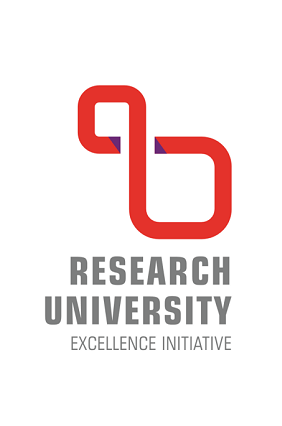Commercialization Opportunities
The implementation of the results of the IL-GRAF project can be achieved through licensing on a commercial basis. It is possible to grant a license for the production of electrodes and/or the method of obtaining hybrid materials of the CNT-AC or CNT-GR type. One of the licensing variants may be selected depending on the interest of the buyer and the needs of the licensing party, generally applicable variants according to the patent law:
- Full license – authorization of the right holder to use the right by the licensee to the same extent as the right holder and its holder. The opposite of a restricted license which limits the scope of use to a narrower one than in the case of a full license.
- Exclusive license – a permit of the person entitled to exclusive use of the right in a specific territory or field of right exploitation.
- Non-exclusive license – a license that does not limit the group of licensees, allowing mutual competition.
- Strong license – a special case of a license, which is both full and exclusive, under which the licensor additionally undertakes not to use the work and not to grant further licenses.
- Weak license – as in the case of strong license, but the licensor retains the right to use the license object.
- Open license – a special case of a non-exclusive license, which is a declaration of the authorized person allowing any person to use his right to use the work and to modify it.
- A sublicense is a further license granted by the licensee. The industrial property law excludes granting further licenses from sublicenses.
- Implied license – definition of the presumption that the result of research or similar works commissioned by the entity includes an invention. It is presumed that the contractor grants the license by providing the results.
- Compulsory license – in cases specified by law, a paid non-exclusive license for a specified period for a given patent may be granted by the Patent Office regardless of the consent of the patent holder.


 ul. Gagarina 7, 87-100 Toruń
ul. Gagarina 7, 87-100 Toruń